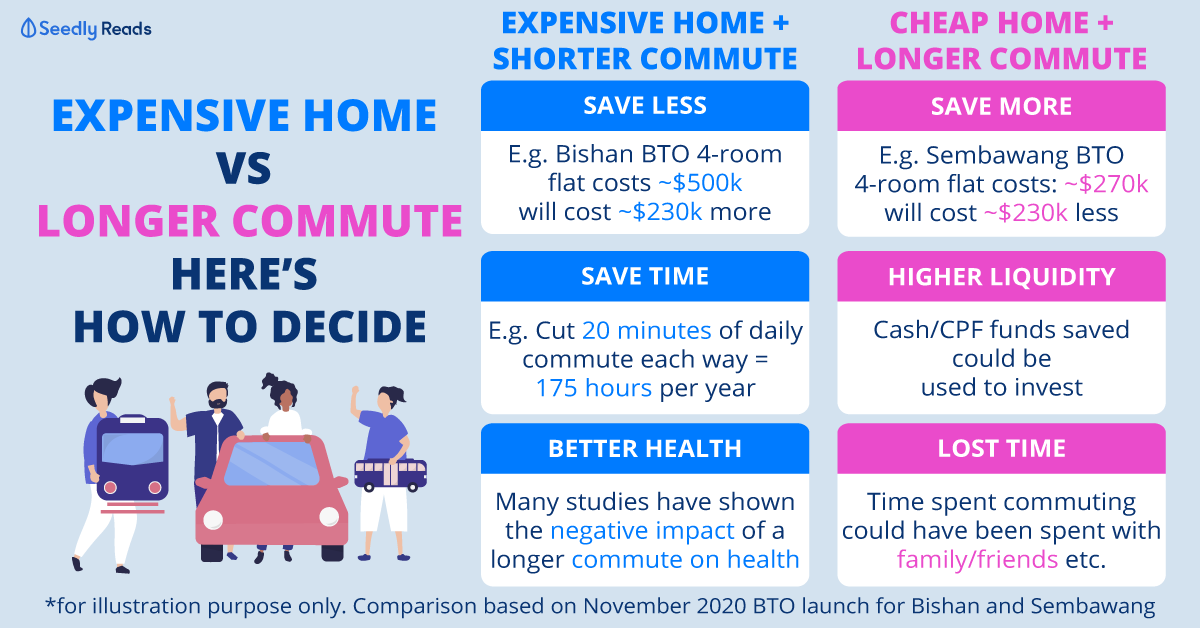Advertisement
When is a startup no longer a startup?
Are there quantifiable metrics that can be used to determine this? What questions should I ask before joining one as an employee?
2
Discussion (2)
Learn how to style your text
Reply
Save
Cedric Jamie Soh
19 Sep 2019
Director at Seniorcare.com.sg
I think it honestly depends on the founders' own attitude and definition.
I remember meeting up with Qoo10 team and this senior guy was proclaiming Qoo10 is still a start-up. That was when Lazada and Shopee just started and Qoo10 was the big brother then. So it sounds strange that Qoo10 senior team is labelling itself as a start-up and still trying new, innovative way to do things.
I tried thinking of these
1) length of time
2) profitability
3) market size
4) bootstrap or plenty of operating capital
Unfortunately, I can't think of one that can have a good definition of what's a start-up.
I think as long as the operating team are still trying to find ways to make things work and make them better, they can still be start-up?
My own company is only a few years old, but luckily I bootstrapped and insist on generating profit from Day 1. Now we are comfortable with operating capital, but we are still so shy from expanding relentless (actually we did try once and the scaling operating costs frightened me) so I do hope I can adopt this start-up all the way till it is a big size and people stared at me as I stared at the Qoo10 guy when he said its still a start-up
Reply
Save
Write your thoughts
Related Articles
Related Posts
Related Posts
Advertisement








Coming from the perspective of someone who has worked for venture capital for a decade, I do agree that the word 'start-up' seems to be thrown around carelessly. There are small companies who have been around for 8 years, are a two-person show, and they call themselves a start-up. On the other side of the spectrum, there are companies who make well over US$100m in topline and over 500 employees, but they would also like to say that they 'operate like a start-up'.
Techcrunch writer Alex Wilhelm took a stab at this back in 2014 with his piece on 'WTH is a startup anyway', where he defines that any company that achieves the following is NOT a start-up:
Source: https://techcrunch.com/2014/12/30/what-the-hell...
But that said, if you are asking as a potential employee, then the culture and fit matters much more than how many employees the company has, and how much revenue run rate it's making.
Things you should probably consider include: